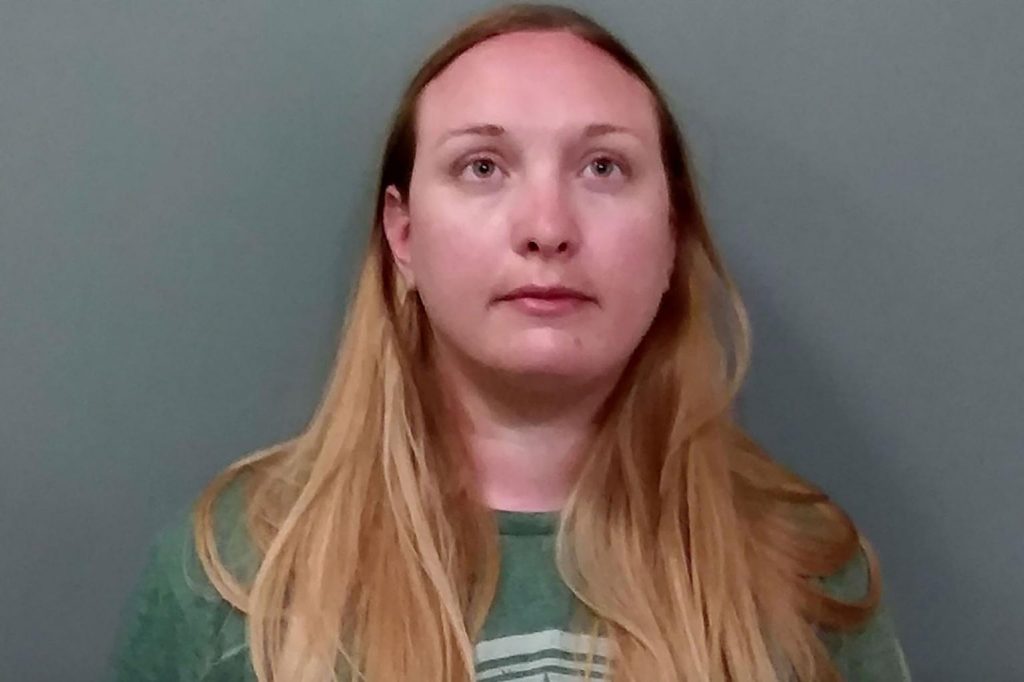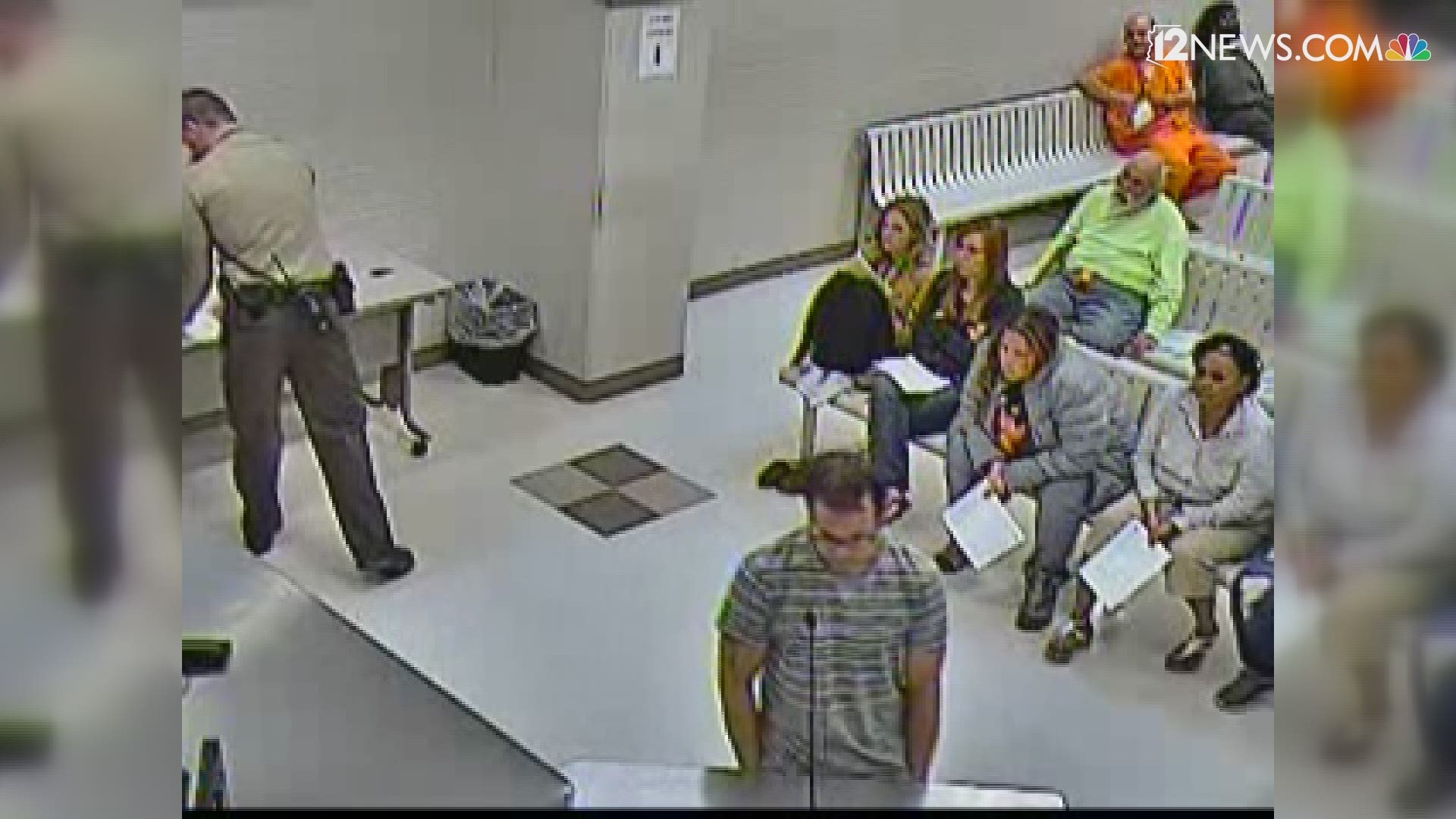When it comes to discussing teacher sex, we're diving into a delicate yet crucial topic that demands our attention. This isn't just about headlines or scandals; it's about understanding the complexities of human relationships within educational environments. As a society, we need to approach this subject with maturity and empathy, recognizing that teachers are human beings with personal lives. But where do we draw the line between professionalism and privacy? And how do we ensure that students remain protected while respecting teachers' rights?
Let's be real here - the moment someone says "teacher sex," minds tend to wander toward those Lifetime movies or tabloid dramas. But hold up, folks! This is serious stuff that affects real people's lives. We're talking about boundaries, consent, and ethical considerations that shape our educational system. It's time to have an open but respectful conversation about what's appropriate and where the limits lie.
Before we dive deeper, let me make one thing crystal clear: this discussion isn't about scandalizing anyone or digging up dirt. Instead, it's about creating awareness and understanding the dynamics at play in teacher-student relationships. So grab your coffee, settle in, and let's explore this topic together with an open mind and a commitment to learning.
Read also:Caitlin Clark Boyfriend Trump The Buzz Around The Iowa Hawkeyes Star And Her Connections
Understanding the Basics of Teacher Sex Dynamics
First things first, let's break down what we're actually talking about here. When we say "teacher sex," we're referring to any sexual relationship or interaction involving educators in their professional capacity. This includes everything from consensual adult relationships to more complex situations involving students or colleagues. The key here is understanding the power dynamics and ethical considerations that come into play.
One crucial aspect to consider is the age-old question of consent. In the world of education, power imbalances can create situations where true consent becomes murky. Teachers hold positions of authority, making any sexual relationship with students inherently problematic. But what about relationships between teachers and other adults in the school environment? That's where things get even more complicated.
Legal Frameworks and Ethical Considerations
Let's talk about the rules of the game for a sec. Every state and country has its own set of laws governing teacher-student relationships. But beyond the legal aspects, there's an entire ethical framework that educators are expected to follow. Professional codes of conduct, school policies, and societal expectations all play a role in shaping what's considered acceptable behavior.
- Most educational systems prohibit any romantic or sexual relationships between teachers and students
- Some states have specific laws addressing teacher-student relationships, even when students are legal adults
- School districts often implement their own policies regarding teacher conduct and relationships
These frameworks aren't just about punishment; they're designed to protect both students and teachers. By setting clear boundaries, schools aim to create safe environments where learning can thrive without distractions or inappropriate relationships.
Teacher Sex Scandals: Lessons from Real-Life Cases
Now, let's take a look at some real-world examples that have shaped our understanding of teacher-student relationships. Over the years, several high-profile cases have brought attention to this sensitive topic, highlighting the potential consequences of crossing professional boundaries. Remember that teacher from Washington who made headlines in 2013? Or the Florida educator whose story went viral just last year?
These cases aren't just sensational news stories; they serve as important reminders of why boundaries matter. Each scandal brings its own set of circumstances, but they all share common themes: power imbalances, broken trust, and lasting impact on everyone involved. The media coverage often focuses on the shocking details, but beneath the surface lies a complex web of human emotions and professional responsibilities.
Read also:Crime Breaking News Stay Informed Stay Safe
Impact on Students and Educational Institutions
When a teacher crosses the line, the effects ripple through the entire school community. Students may feel unsafe or betrayed, while colleagues face challenges in maintaining professional relationships. Schools themselves must navigate the aftermath, implementing new policies or addressing public perception.
- Victimized students may experience long-term psychological effects
- Classroom dynamics can be permanently altered
- School reputation and community trust may suffer
It's important to recognize that these consequences go beyond the individuals directly involved. The entire educational ecosystem feels the impact, which is why prevention and education are so crucial.
Teacher Sex Education: Creating Awareness and Prevention
So how do we tackle this issue head-on? Education, education, education! Schools need to implement comprehensive programs that address appropriate boundaries and professional conduct. This isn't just about giving teachers a list of dos and don'ts; it's about fostering an environment where open discussions can happen.
Professional development workshops, regular training sessions, and clear communication channels can make a huge difference. By equipping educators with the tools they need to handle sensitive situations, schools can reduce the likelihood of inappropriate relationships developing.
Implementing Effective Prevention Strategies
Let's break down some practical steps that schools and educators can take:
- Develop clear policies regarding teacher-student interactions
- Provide ongoing training on ethical conduct and boundary setting
- Create safe spaces for students to report concerns
- Encourage open communication among staff members
These strategies aren't just about preventing scandals; they're about promoting healthy professional relationships and creating supportive learning environments. When everyone understands the rules and feels comfortable discussing concerns, the entire school community benefits.
Teacher Sex and Social Media: Navigating the Digital Landscape
In today's digital age, social media adds another layer of complexity to teacher-student relationships. Platforms like Facebook, Instagram, and Twitter create opportunities for interactions that blur the lines between professional and personal lives. But where do we draw the boundary?
Schools are increasingly recognizing the need for clear guidelines regarding online interactions. Many districts now require teachers to maintain separate professional accounts and avoid friending students on personal profiles. These measures help protect both teachers and students from potential misunderstandings or inappropriate relationships.
Best Practices for Online Interactions
Here are some tips for educators navigating the digital world:
- Use official school communication channels for all student interactions
- Avoid personal messaging with students on social media
- Be mindful of what you share online, even on personal accounts
- Report any concerning online behavior to school administrators
By setting these boundaries, educators can maintain professional relationships while still leveraging technology to enhance learning experiences.
Teacher Sex Research: What the Data Tells Us
Let's talk numbers for a moment. Studies show that while teacher-student relationships remain relatively rare, their impact is significant when they do occur. According to a 2019 report by the National Center for Education Statistics, approximately 10% of students report experiencing some form of inappropriate sexual behavior from educators during their K-12 education.
Other research highlights interesting patterns:
- Most incidents involve teachers aged 21-40
- Female teachers are more likely to be involved in these cases than male teachers
- Rural areas report higher incidence rates compared to urban settings
These statistics remind us that this isn't just a rare occurrence; it's a real issue that demands attention and action.
Teacher Sex Myths vs. Reality
There's a lot of misinformation floating around about teacher-student relationships. Let's debunk some common myths:
- MYTH: It only happens in certain types of schools - REALITY: This issue affects all educational environments
- MYTH: Teachers who cross boundaries are always predators - REALITY: Many cases involve complex power dynamics and situational factors
- MYTH: Once it happens, the teacher's career is over - REALITY: Some teachers receive second chances through rehabilitation programs
Understanding the reality behind these myths helps us approach the topic with more nuance and empathy.
Teacher Sex Support Systems: Helping Those Affected
When an incident does occur, it's crucial to have support systems in place for everyone involved. Students need access to counseling services, while teachers require guidance through the disciplinary process. Schools must create environments where victims feel safe reporting concerns without fear of retaliation.
Resources for Students and Educators
Here are some valuable resources:
- National Child Traumatic Stress Network
- Teachers Against Child Abuse
- Local counseling services and support groups
By connecting individuals with appropriate resources, schools can help facilitate healing and recovery for all parties involved.
Teacher Sex and Public Perception
Finally, let's talk about how society views this issue. Media coverage often sensationalizes these stories, contributing to stigma and misunderstanding. It's important to approach each case with an open mind, recognizing the unique circumstances involved. By fostering informed discussions and promoting education, we can work toward a more balanced understanding of teacher-student relationships.
Conclusion: Moving Forward with Awareness and Action
As we wrap up this conversation, let's reflect on the key takeaways:
- Teacher-student relationships are complex and require clear boundaries
- Education and prevention are crucial in addressing this issue
- Support systems must be in place for all parties affected
I encourage you to share this article with others and continue the discussion. Together, we can create safer educational environments where both students and teachers thrive. And hey, if you have thoughts or questions, drop them in the comments below. Let's keep the conversation going!
Table of Contents
- Understanding the Basics of Teacher Sex Dynamics
- Legal Frameworks and Ethical Considerations
- Teacher Sex Scandals: Lessons from Real-Life Cases
- Impact on Students and Educational Institutions
- Teacher Sex Education: Creating Awareness and Prevention
- Implementing Effective Prevention Strategies
- Teacher Sex and Social Media: Navigating the Digital Landscape
- Best Practices for Online Interactions
- Teacher Sex Research: What the Data Tells Us
- Teacher Sex Myths vs. Reality


